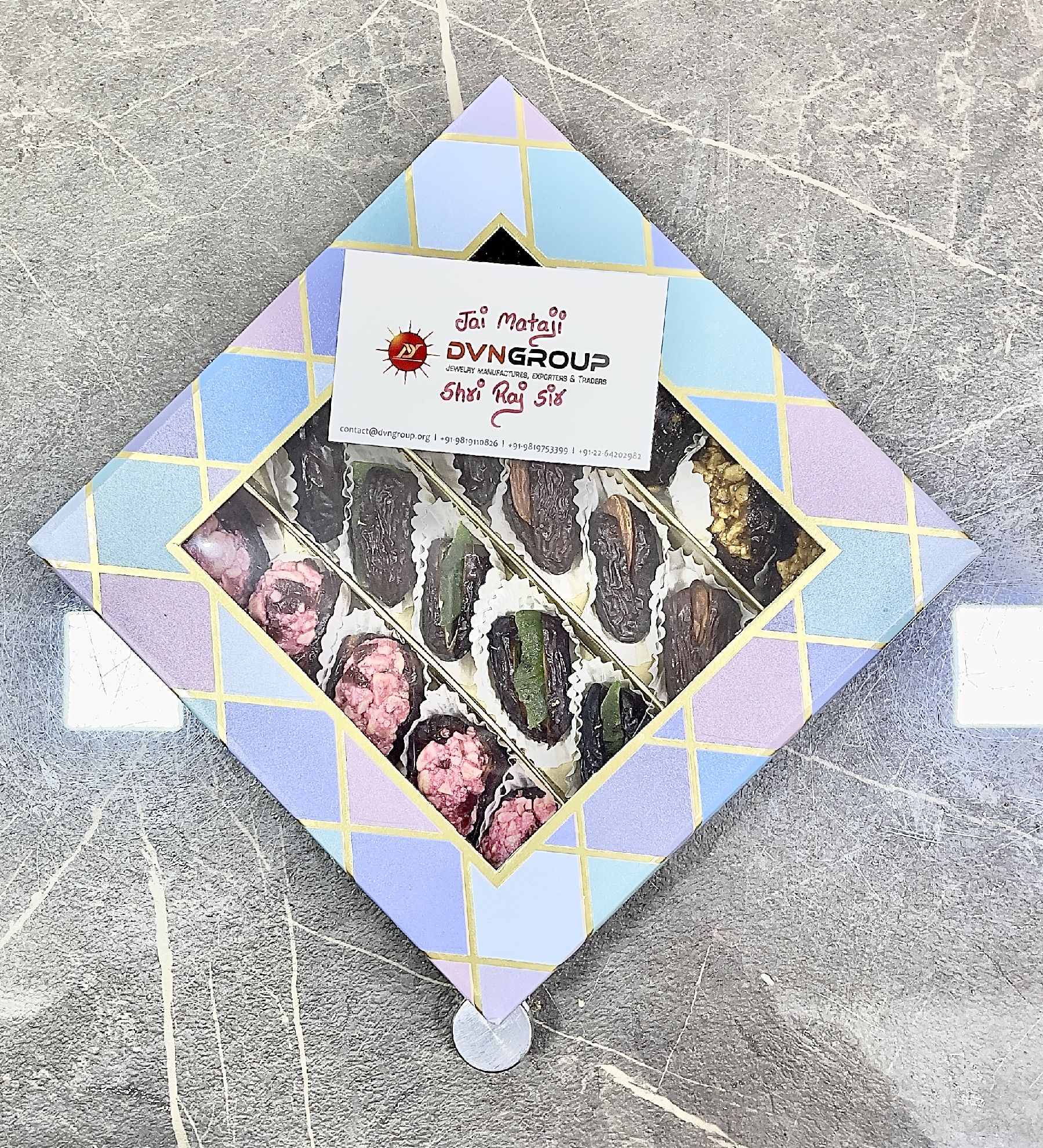In every Diwali season, homes fill with the scent of freshly made sweets, the warmth of diyas, and the laughter of family gatherings. Despite the world’s rapid advancements and the high-tech marvels that shape our lives today, there’s something about Diwali and its beloved tradition of mithai (Indian sweets) that remains unshakeable. No matter the era, the joy and warmth associated with these traditions have a magic that technology simply cannot capture.
Diwali is more than just a festival of lights; it is a time to reconnect with loved ones, celebrate our cultural heritage, and express love through simple but meaningful acts. And at the heart of this celebration is mithai—a symbol of sweetness, prosperity, and the warmth of human connections. While life may change and evolve, the significance of these traditional elements remains timeless, a testament to the enduring power of culture and family bonds.
Let’s explore why mithai and other Diwali traditions are irreplaceable in our lives, and why, no matter how much the world evolves, they will always be close to our hearts.
The Tradition of Mithai: A Sweet Celebration of Togetherness
Mithai has been a part of Diwali celebrations for centuries, lovingly crafted and shared by families who find joy in giving as much as receiving. Every sweet, from ladoos to kaju katlis, holds a special meaning. It’s not just a treat; it’s an offering of love, a symbol of goodwill, and a timeless tradition that brings people closer.
Imagine the sight of a mithai box, brimming with colorful sweets, each one crafted by hand and offered with love. It’s a part of the Diwali tradition that represents generosity, gratitude, and joy. Each piece of mithai carries a story—a grandmother’s recipe, a family’s cherished flavor, a friend’s thoughtful gesture. And during Diwali, these stories are shared, creating memories that last a lifetime.
For many, Diwali begins not with the lighting of diyas but with the preparation of these sweets. The entire family often comes together to make mithai, a practice that not only teaches recipes but also passes down family stories, strengthening bonds across generations. It’s a ritual that no digital platform, however advanced, could ever replace.
Diwali: A Festival of Real Connections
In today’s world, where connections are often virtual, Diwali is a breath of fresh air, a time to disconnect from screens and reconnect with people. This festival encourages us to slow down, be present, and enjoy the company of our loved ones in real life. And mithai is at the center of this experience, embodying the joy of togetherness in a simple, sweet form.
When we exchange mithai, it’s more than a gift—it’s a message of love, care, and goodwill. The act of giving sweets during Diwali is a tradition steeped in respect and appreciation, fostering bonds and making memories that last long after the festival is over. It’s a gesture that brings people closer, reminding us of the importance of human connections that no amount of modernity can dilute.
Diwali traditions like sharing sweets, lighting diyas, and decorating homes are sacred because they bring people together in a way that’s deeply personal and heartfelt. While technology has given us convenience, these traditions give us a sense of belonging—a value that is, in its own way, priceless.
Embracing Diwali Traditions in Every Era
As we journey through different eras, Diwali traditions like mithai-making remind us of who we are and where we come from. These customs aren’t just “old practices”; they are living connections to our heritage, binding us to our past and guiding us into the future. Whether it’s the flicker of a diya or the taste of a ladoo, Diwali is a celebration of timeless values—harmony, gratitude, and generosity.
Diwali is a moment of unity, a break from the routine, and a time to return to the simplicity of shared joys. It reminds us that even as the world around us evolves, the joy of gathering with family, savoring homemade sweets, and embracing our cultural roots will always be special. These traditions are our way of grounding ourselves in what truly matters, a reminder of the beauty in simplicity.
Preserving Our Heritage Through Sweet Traditions
No matter how advanced technology becomes, traditions like mithai-making hold a charm that remains unmatched. The process of creating and sharing these sweets has been passed down through countless generations, an art that celebrates patience, skill, and creativity. Whether it’s a mother teaching her child how to roll a ladoo or a family gathering to prepare sweets together, these customs add depth and meaning to our lives.
Even today, as families gather for Diwali, there’s something deeply comforting about the continuity of these practices. Preparing sweets, decorating homes, and lighting diyas are rituals that allow us to pause, reflect, and reconnect. In a world that often values speed and efficiency, Diwali traditions remind us that life’s true joys are in the moments shared with those we love.
The Heart of Diwali: Celebrating Life’s Sweetness
Diwali’s enduring traditions, especially mithai, are reminders of the irreplaceable joys of human connection. As we celebrate the festival of lights, we are reminded that life is about more than advancements and efficiency; it’s about the love we share, the memories we make, and the traditions we carry forward.
This Diwali, let us savor the sweetness of mithai, the warmth of our heritage, and the beauty of real connections. The sweetness of mithai is more than a taste; it’s a feeling, a memory, and a cherished part of Diwali that transcends time and technology.
So, no matter how much the world changes, may we always find joy in the simple act of sharing sweets, lighting diyas, and celebrating the timeless essence of Diwali. Because, in the end, Diwali isn’t just a festival—it’s a celebration of everything that makes life truly sweet.

